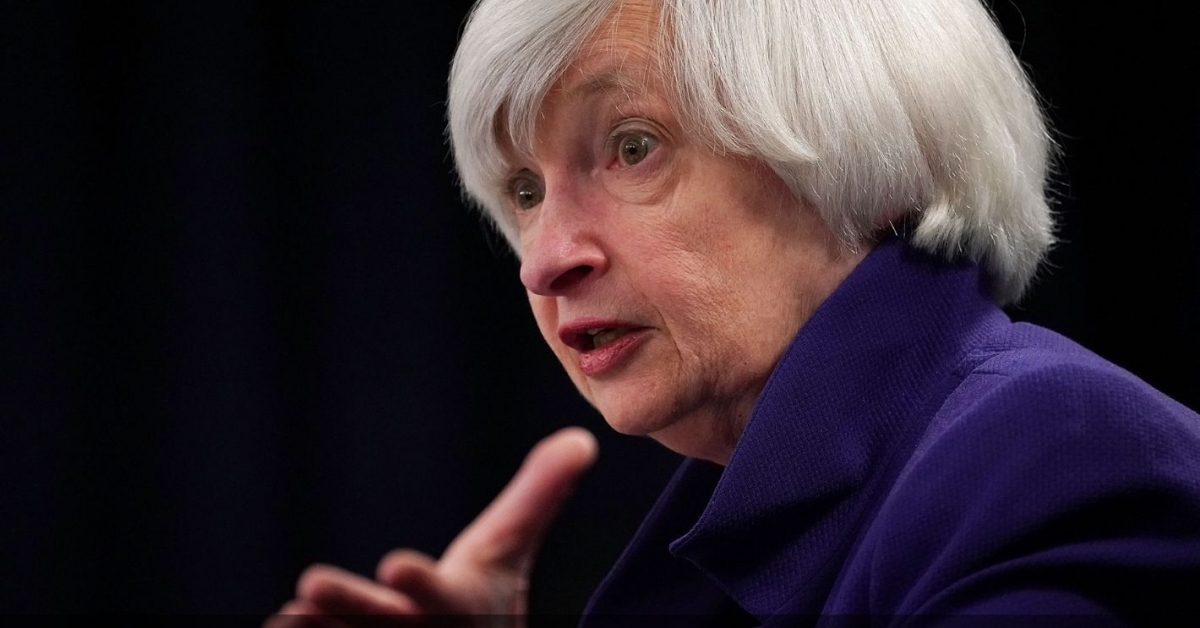UK ‘Travel Rule’ Won’t Completely Nix Transfers to Noncompliant Places, FCA Says
New crypto money laundering rules needn’t completely stop transfers to countries that don’t follow international norms, the U.K.’s Financial Conduct Authority (FCA) said in guidance published Thursday.
Controversial new measures known as the travel rule, requiring crypto operators to identify the sender and recipient of funds transfers, are already legislated to take effect in the U.K. as of Sept. 1. While the money-laundering norms haven’t yet been fully implemented across the world, the U.K.’s upcoming stricter rules, including for advertising, have already put a halt to the crypto business of companies such as PayPal.
When receiving funds from countries that don’t yet comply with the travel rule and with incomplete data, crypto firms should be “making a risk-based assessment of whether to make the cryptoassets available to the beneficiary,” said the FCA’s guidance.
Firms should still collect customer data even if the transfer destination can’t receive it, and should fully comply with the new legislation when making transfers within the U.K. or other compliant jurisdictions, the FCA added.
Though the government has previously said it wants to make the U.K. a crypto hub, many in the industry fear that goal is getting harder thanks to tighter regulations in areas such as crypto ads, and regulatory hurdles that as many as 86% of firms can’t surmount.
The travel rule was agreed by international standard-setter the Financial Action Task Force (FATF) in a bid to stop crypto being used to disguise criminal funds, and the measure has already been legislated in jurisdictions such as the European Union.
Edited by Sandali Handagama.









